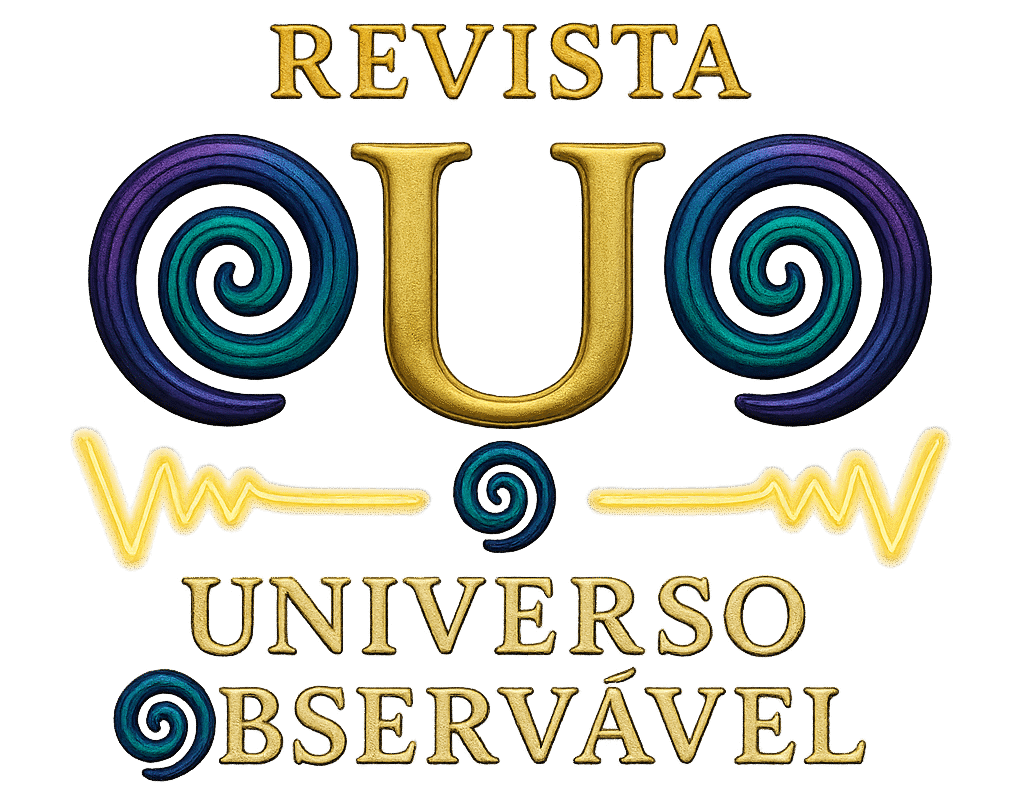ISSN: 2966-0599
v.1, n.6, 2024 (Outubro)
METADADOS
DOI: 10.5281/zenodo.13861605
Tracking: https://zenodo.org/records/13861605
Author: EDILAINE CAMILO
Biography: Licenciada em Pedagogia pela Universidade Federal de Mato Grosso do Sul, graduada em 19 de janeiro e 2021. Possui Pós-Graduação Lato Sensu em e Alfabetização e Letramento-Faculdade Venda Nova do Imigrante-Faveni concluída em 8 de março de 2022.Atualmente estuda Pós-Graduação em Tecnologias da Informação e Comunicação na Educação pela Faculdade Venda Nova do Imigrante-Faveni.
E-mail: edilaine1989@gmail.com
ABSTRACT: Studies by Fortuna (2018) and Fantin (2018) reveal that changes have occurred that interfere with children’s way of learning, they receive a lot of stimulation from a very young age, and in some cases they become dependent on certain electronic devices. The ways of reading, writing and learning have changed, informal learning is becoming more and more frequent. The social relevance of this study is due to the fact that technologies are present in children’s daily lives, and can change the values and constitution of individuals. As Setton (2013) states, the learning of current generations is articulated through family, school, among others, that is, the education and training of the individual is currently influenced by other factors related to media and technologies, which consequently alter social relations, cognitive, affective, and psychological formation, thus altering the perception of the world. The objective of this work is to understand through bibliographical research how media interfere in children’s lives and learning. It is important to reflect on new ways to insert technologies in schools so that they contribute positively to teaching. Educating on the use of technologies is increasingly necessary considering that new generations live in continuous connection and need mediation and guidance to make good use of them
Keywords: Technologies, media, teaching.

